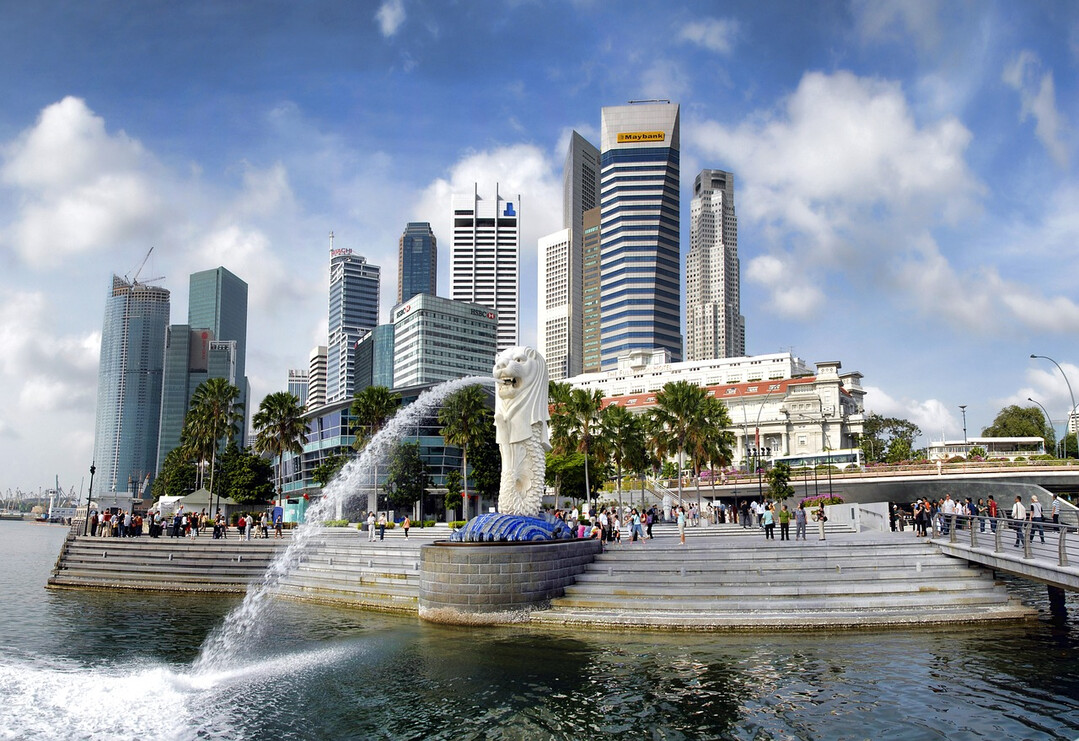
Singapore's iconic hawker centers are facing a crisis as rents for food stalls soar to unprecedented heights. A recent bidding frenzy at Dunman Food Centre saw the highest bid reach a staggering $7,000, sparking concerns among hawkers and prompting calls for government intervention.
The intense competition for food stalls has been attributed to several factors, including a growing population and a resurgence in the popularity of hawker food. However, the rapid escalation of rents has raised fears that it could drive out long-standing hawkers and threaten the very existence of these cultural institutions.
The new bidding system introduced by the National Environment Agency (NEA) in November aims to mitigate the impact of rising rents. Under the revised system, the downward adjustment of rents will be spread over a longer period, providing more gradual relief for hawkers.
Despite these measures, concerns remain about the sustainability of hawker centers. Some hawkers argue that the government's market-based approach is making it increasingly difficult for small businesses to survive.
The issue has also caught the attention of Singapore's political landscape. The Progress Singapore Party (PSP) has proposed the establishment of a dedicated government agency, "Hawkers Singapore," to oversee the management of hawker centers and implement more flexible rental models.
In response, the government has defended the current bidding system, arguing that it promotes competition and ensures that only the most committed and capable hawkers are awarded stalls. However, the government has also acknowledged the need for ongoing review and has committed to supporting the hawker industry.
Key points highlighted in the article:
Soaring rents: Hawker stall rents have reached record highs, with some bids exceeding $7,000.
Impact on hawkers: The rising costs are making it difficult for hawkers, especially small businesses, to survive.
Government intervention: The NEA has introduced a new bidding system to mitigate the impact of rising rents, while the PSP has proposed the creation of a dedicated government agency for hawkers.
Balancing act: The government faces a challenge in balancing the need to preserve hawker culture with the demands of a market-based economy.
Overall, the future of Singapore's hawker centers hangs in the balance. As the city-state continues to develop, it will be crucial to find a sustainable solution that ensures the survival of these beloved institutions while also meeting the needs of a growing population.
[Copyright (c) Global Economic Times. All Rights Reserved.]




























